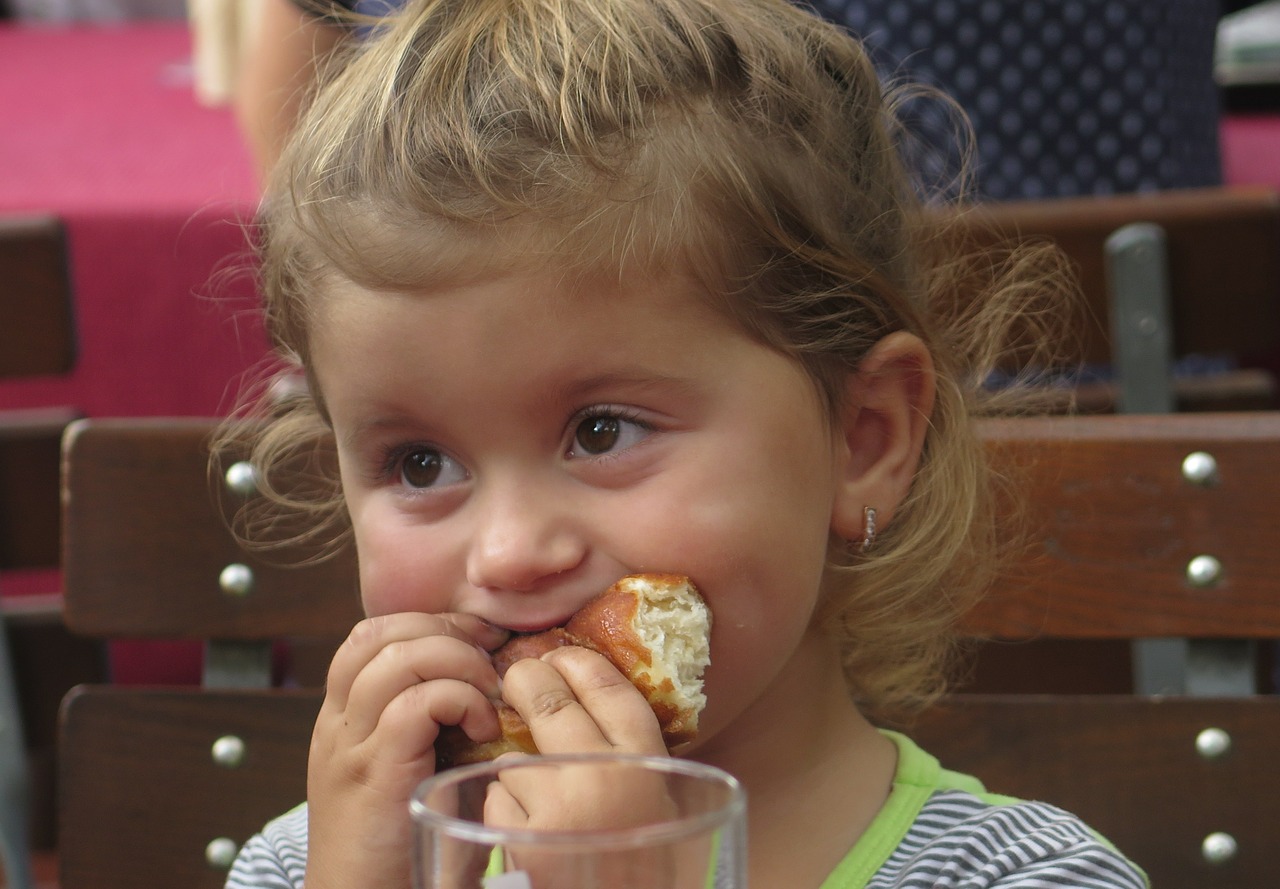
More than a third of what Australian children and adults eat and drink each day are unhealthy foods - which is up to three times higher than public health recommendations.
Dietetics researchers at Flinders University are exploring solutions to help turn this situation around, with strategies for parents to provide fewer unhealthy foods to young children being presented by PhD candidate Brittany Johnson at an international conference in Prague next week.
"We've found that intervention strategies are needed to focus on parents' physical resources and social supports, including reducing the availability of unhealthy foods at home, overcoming child resistance and having more support from co-parents," says Ms Johnson.
"We also found that parents' motivation can be enhanced by confidence, planning and their intention to reduce unhealthy foods. To boost their confidence, parents can use positive self-talk, which is reminding yourself that you can reduce how much unhealthy foods children eat, or to provide healthier alternatives that their child likes."
She says planning tips include establishing clear plans before entering a supermarket, such as avoiding the snack isle to help reduce how often unhealthy foods are purchased.
This is part of an extensive array of research projects into improving diet quality that Flinders University Nutrition and Dietetics researchers are presenting at the International Society of Behavioural Nutrition and Physical Activity Annual Meeting in Prague, from June 4-7. The meeting attracts over 1000 researchers, practitioners and policy makers aiming to promote innovative research and policy about behavioural nutrition and physical activity.
Poor diet is a key risk factor for many chronic conditions, with unhealthy foods being a key contributor to our food-related environmental impact, considering the production, processing, packaging and huge current consumption of these foods.
Flinders University's Dr Kacie Dickinson will present work describing Nutri-Score, a labelling system developed in France, and its impact in evaluating the healthfulness of packaged food and beverages. This was part of a project she conducted at the University of Toronto in 2018, funded by an Endeavour Research Fellowship. "This work helps shed light on which types of products nutrition policies should target to improve the healthfulness of packaged foods," says Dr Dickinson.
In other research being presented at the conference, PhD candidate Chelsea Mauch will show that a family's resources of time and money have an influence on unhealthy food intake in Australian toddlers. With a rise in the number of dual-parent working families, time-poor parents can turn to technology for support. "Meal planning apps with synced shopping lists can help parents to work together in reducing the time burden of food-related tasks and make healthier choices," says Ms Mauch.
Dr Dorota Zarnowiecki will present work describing the development of a rapid assessment tool measuring diet risk factors for obesity in young children, conducted in collaboration with researchers from across Australia within the Early Prevention of Obesity in Childhood Centre for Research Excellence (www.earlychildhoodobesity.com) and with memory expert Associate Professor Glen Bodner from Flinders University. This work has used insights from psychology to develop a measurement tool that is accurate, quick and easy for parents to use, and cost-effective in measuring risk factors for early childhood obesity within large-scale surveys, community programs and clinical settings.






